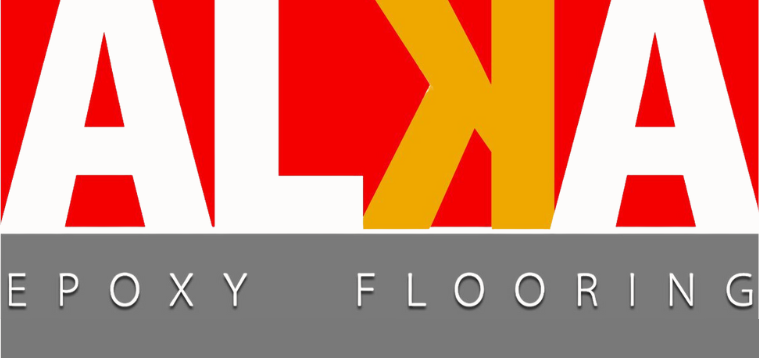
If you’re looking for a new flooring for your home or office, you should check out the many options available in resin flooring. These floors offer excellent protection and durability, and are easy to clean and maintain. You can choose from a variety of options, including epoxy, vinyl ester and polyaspartic.
Epoxy resin flooring
Epoxy resin flooring is a long-lasting, durable and versatile flooring solution. It is ideal for a wide range of environments, from retail to healthcare to manufacturing.
A high-build epoxy resin coating offers excellent adhesion, chemical resistance, and durability. They are perfect for outdoor surfaces, showrooms, and warehouses. They are also great for industrial applications.
The first thing you need to do to get your epoxy floor looking good is clean the surface. This will help avoid the resin from peeling. Using a floor grinder machine will help you do this. You will also need to make sure the floor is completely dry. If it is still damp, it will not harden properly.
Another step to getting the best look is to consider the various types of epoxy available. There are solid, flake, and seamless resin finishes. Each of these options offers different advantages. A seamless finish will be easy to clean.
Depending on the type of epoxy you choose, you may need to add decorative details. A professional will have the expertise to choose the right kind of finish for your home or business.
Vinyl ester resin flooring
Vinyl ester resin flooring systems provide excellent durability and corrosion protection. These are used in a variety of environments, from marine, to pipelines, to chemical processing, and more. The key properties of these systems are corrosion resistance, elongation (toughness), wettability, and chemical resistance.
Vinyl ester-based composites are able to withstand corrosive attack and are also resistant to aggressive chemicals in cleaning products and water. They are also suited to heavy use. The systems can be applied to horizontal and vertical surfaces. They are available in a range of sizes.
Vinyl ester-based systems can be reinforced with glass fibres to provide ultra-toughness. This allows them to be adjusted to suit more demanding environments. The floors are also highly flexible under thermal shock.
The application of vinyl ester-based composites has increased in the air handling, wastewater treatment, and power industries. They are also suitable for the petrochemical, marine, and aviation industries.
Epoxy-based vinyl ester resins, such as Novalac, offer high tensile elongation, as well as good chemical and impact resistance. These materials are especially useful for containment of chlorine or solvents.
Polyaspartic resin coatings
Polyaspartic resin coatings for resin flooring contractors can provide many benefits over traditional resins. For instance, polyaspartics can be applied quickly, have a low odor, and come in an array of colors. They also provide abrasion resistance, making them ideal for use in a variety of environments.
The most important step in applying polyaspartic is to prepare the surface. This involves grinding the surface to a 50-100 grit profile. This allows for uniform wetting of the surface.
A second coat of polyaspartic should be applied to the prepared area, followed by the sprinkled addition of non-skid traction materials. Once this layer is dry, the clear topcoat can be applied.
When using polyaspartic, it is recommended to install a moisture barrier to prevent vaporation. This barrier will help maintain the surface’s humidity and temperature, and will ensure that the product will cure properly.
When installing polyaspartic, it is important to follow the manufacturer’s instructions and apply the product in a controlled manner. This will help avoid yellowing or delamination.
Primers for resin flooring
If you are installing a resin flooring system, it is important to consider the various primers available. This will ensure better adhesion of your floor coats.
Epoxy floor primers are an excellent way to start your resinous coating system. They provide an excellent base for your subsequent layers and help to reduce the chances of pinholes and air bubbles. They also create a vapor barrier, which protects your substrate from moisture.
There are a variety of options for epoxy primers. Choosing the right one for your situation will ensure a stronger, longer-lasting finish.
SPARTACOTE is a versatile two-part epoxy primer that offers a great range of benefits. It forms a strong chemical and mechanical bond, preventing common surface defects. Using a SPARTACOTE primer can alleviate problems such as outgassing, air bubbles, and micro-particles.
Epoxy primers are commonly used in commercial and industrial applications. They are ideal for protecting concrete floors. They are also popular for their high adhesive qualities.
